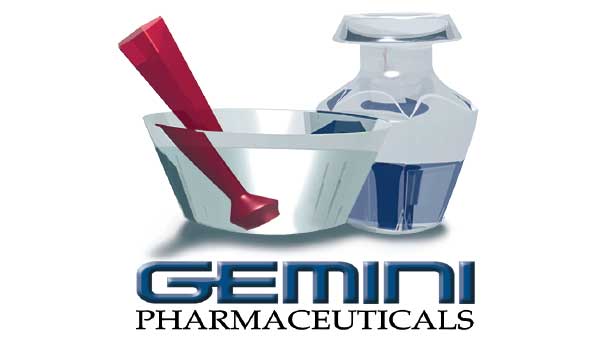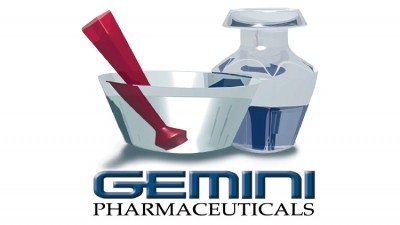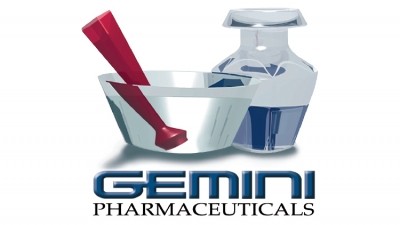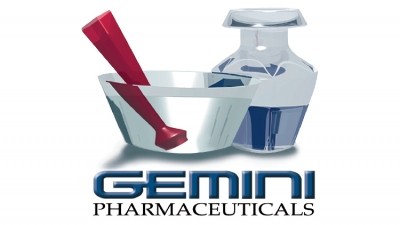Promotional Features
Three signs you need a new contract manufacturer
How does a dietary supplement brand owner know it’s time to make a change in their production partnership? Sometimes the signs are fairly clear. For example, finding the company in the middle of a product recall due to a serious manufacturing error is an appropriate time end the relationship—but then, it’s too late.
Ideally, a brand owner would make the change in production partnership before such costly, embarrassing situations arise, rather than after. Unfortunately, while it can be hard to pinpoint problems absent a high-profile incident because the signals aren’t as obvious, it remains vital for a brand owner to partner with a contract manufacturer they can rely on and trust.
Before the FDA enacted current good manufacturing practices (cGMPs) in 2004, the supplements industry was not truly monitored or regulated. There existed a gap in the quality the market sought and demanded, and the quality manufacturers were required to provide—identity testing (for example, checking to see if the ginseng in a product actually was ginseng) was all but unheard of. However, as a conscientious contract manufacturer with a quality mindset, Gemini Pharmaceuticals stood ahead of the curve by providing quality product and assurance before regulations demanded.
The advent of cGMPs and stringent regulations put forth by the US Food and Drug Administration (FDA) and other global agencies calls for quality, ethical and transparent production of dietary supplements. In addition, consumers increasingly aware of product quality and efficacy demand the best, and failure to deliver could result in loss of sales and reputation—after all, the it’s the brand owner’s name that the public sees on the label, not the contract manufacturer’s. Therefore, supplement brand owners should examine their dealings with their contract manufacturer in three key areas to determine if a change is in order.
1. Quality agreement
A quality agreement is a document that clearly outlines two aspects of a relationship between a brand owner and a contract manufacturer. First, it spells out in no uncertain terms specific quality parameters for a project. This is vital because it is difficult, if not impossible, to determine if a product meets or exceeds a brand’s quality standards if those standards are not clearly defined. It also outlines whose responsibility it is to reach those parameters. While not specifically required by the FDA, the quality agreement likely will be requested in the event of an audit.
If a brand owner does not have a quality agreement with its contract manufacturer in place, the lack should be cause for apprehension. Absence of a quality agreement signifies the manufacturer may not be as open and transparent as they could—and should—be regarding quality processes, quality assurance, and quality control of the products the company is producing on the brand owner’s behalf.
Because awareness and understanding of quality, ingredient details, identity and potency testing, and other production-centric information are relatively new for many manufacturers, there may be a learning curve. Gemini Pharmaceuticals is willing to take the time to edify brand owners on the processes and procedures they need to familiarize themselves with in order to comply with cGMPs. If a contract manufacturer is reluctant or unwilling to take the time to teach, the brand owner should be concerned.
Supply agreements are similar to quality agreements, in that these documents set out the amount, type and frequency of product a contract manufacturer will produce for the brand owner—i.e., producing X number of bottles of a product every Y months. While these are important for the business relationship, these are rarely of interest to the FDA. In fact, the agency cannot request a review of supply agreements unless there is a quality aspect to it, and in that case they can only review the relevant components.
2. Quality documentation
Decades ago, supplement brand owners and own-label distributors relegated the responsibility for determining product quality, and checking to see if quality levels were reached, to the contract manufacturers. The interactions with the two companies between the time a product was ordered and the day it was delivered were minimal. The owner concentrated on its forte—marketing and selling the product—and left all the matters related to actually making the supplements to their manufacturing partners.
Those days of blissful ignorance, however, are long past. Now, according to the FDA’s current good manufacturing practice (cGMP) regulations—which the agency is deadly serious about enforcing—a brand owner is beholden to receive, review and understand quality documentation associated with each lot of every product with their name on it. Between the time an order is placed and the supplements produced, a brand owner is obligated to remain aware of what is happening in the production process, what ingredients are incorporated, and other aspects. Quality documentation includes batch records, which clearly delineate how the product was made, what raw materials were used (in addition to source and how much), how the ingredients were blended, how they were packaged and other related information.
Wading through such detailed, production-oriented documentation might constitute foreign territory for a brand owner, especially if they are used to focusing solely on sales and marketing. However, because regulations require awareness of such documentation, delving into it is a must. A competent contract manufacturer like Gemini Pharmaceuticals will be happy to walk their client through these unfamiliar documents and figures—they may be 100 pages or longer, but knowing and understanding what everything means is vital, especially if the FDA comes calling.
Warning letters sent by the FDA to supplement brand owners frequently cite them for missing information that should be thoroughly covered in quality documentation—for instance, not fully knowing how their own supplement is made, and missing crucial details about production. This could be because for many years, brand owners weren’t required to know such key data, so they left such details for the contract manufacturer. Ignorance is no longer an excuse; in the event of an audit, a brand owner cannot escape scrutiny by simply claiming they never received the batch records, certificates of analysis or other relevant information. Ultimately, the brand owner is 100% responsible for the quality. However, a competent contract manufacturer like Gemini Pharmaceuticals should be proactive and readily provide such documentation during the course of business. If a brand owner’s representatives find they frequently have to ask for such quality documentation, it’s a sign the manufacturer isn’t sufficiently transparent or proactive enough, and it might be time to consider changing production partners.
3. Quality violations
If a brand owner lands on the business end of an FDA audit, the situation can be worrisome and potentially nerve-wracking. A moderate level of anxiety is understandable, but if the contract manufacturer is capable, concerns should be relatively mild. As mentioned above, the quality agreement outlines standards and responsibilities, and regular, thorough quality documentation should ease a brand owner’s mind that all the important and agreed-upon aspects of supplement production have been taken care of along the way.
It is not uncommon for an FDA auditor to, after an inspection is complete, return to the brand owner with a short list of minor violations—a yield calculation not filled out completely on the batch record for example, or a missing second signature on a page of the quality documentation . Even the most well-run supplement operation may have a minor issue here and there. If that’s the case and the audit uncovers just a few relatively minor challenges that are easily remedied, the brand owner can breathe easy—as long as they can readily respond to the challenges uncovered by the auditor.
If an FDA audit ends up with more than a few violations, or serious violations, the brand owner should be concerned about a contract manufacturer’s capability. One or two violations can be chalked up to simple error or accident. Far more serious is receiving a long list of one or two dozen violations in the product or production process. This may indicate their work is shoddy, their documentation not as thorough and accurate as it needs to be, and they may be cutting corners. For example, about 75% of warning letters sent by the FDA to supplement manufacturers cite failure to establish raw material specifications. This indicates the brand owner and contract manufacturer didn’t set the quality standard for the ingredients in the supplement, which means the quality of the raw materials have not been tested for identity, potency and contamination as required by the agency.
Also, the FDA grants an operation up to 15 days to respond to such warning letters. If the manufacturer cannot offer satisfactorily detailed responses for each and every violation, or they do not answer in a timely manner, further, more serious action can be taken, including cease-and-desist letters putting a halt to production and sales. This puts the brand owner at risk of losing sales, and reputation.
Quality contract manufacturer
After determining a change in contract manufacturer is in order, a supplement brand owner faces a formidable challenge: finding a manufacturer that can deliver, not disappoint. Gemini Pharmaceuticals has provided supplement and over-the-counter products to global customers since 1982 and offers a full-service laboratory, computer-driven manufacturing management and an FDA-inspected and -registered facility.





